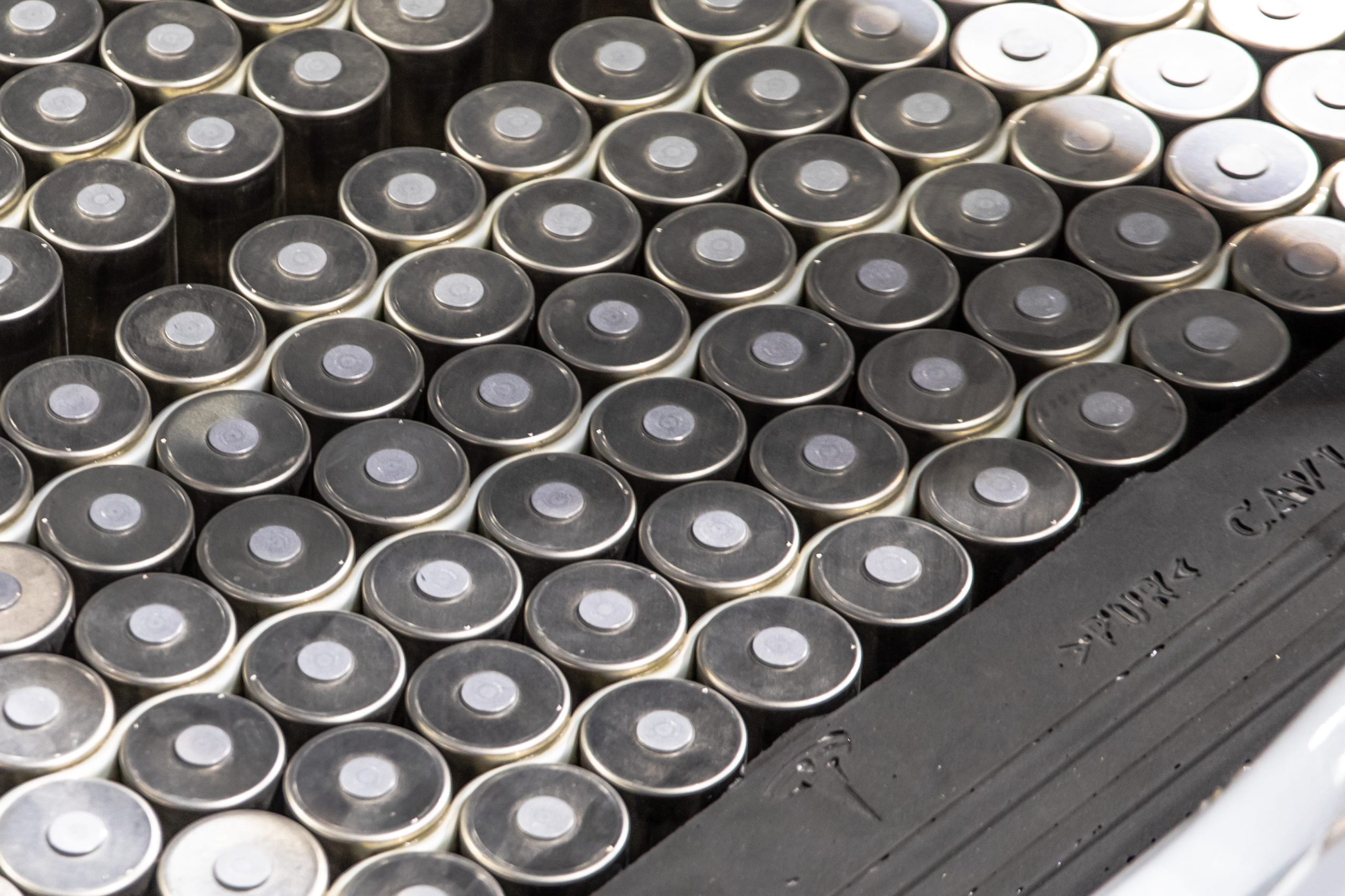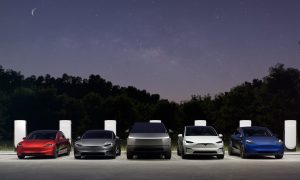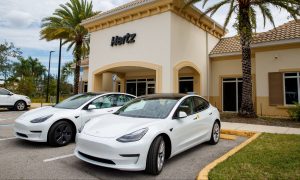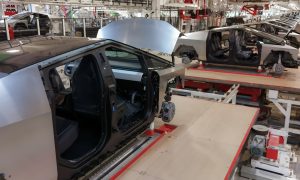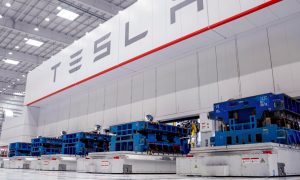The electric vehicle sector is not just growing. It is also evolving, with key players in the industry now looking for a way to make batteries without the use of rare earth minerals. Tesla is at the forefront of this movement, as the electric vehicle maker has announced that its next-generation EV powertrain uses no rare earths at all.
Tesla’s aggressive sustainability efforts have been going on for some time. Back in 2020, Tesla announced that it was looking to remove cobalt from its batteries to create a better and cheaper electric vehicle. This was a notable move from Tesla as cobalt, while common in batteries, is a problematic material. Cobalt is primarily produced in the Democratic Republic of Congo, where there is a notable risk of supply chain disruption and exploitation of workers is quite commonplace.
In this light, Tesla’s increasing use of cobalt-free batteries could be seen as a significant step in the company’s efforts to adopt a more sustainable battery supply chain. But this appears to be only the beginning, as during Tesla’s 2023 Investor Day event, Tesla VP for Powertrain Engineering Colin Campbell announced that the company’s next-generation powertrain will not use any rare earths at all.
Tesla is one of the world’s largest players in the EV sector, and the company is a key customer of global suppliers. Following Tesla’s 2023 Investor Day announcement, the stock of rare earth miners from China took a dive. The trend was followed by other carmakers as well, with General Motors, Jaguar Land Rover, and Nissan announcing that they are researching and developing electric motors with little or no rare earth content.
Jonathan Rowntree, CEO of Niron Magnetics, described Tesla’s role in the industry. “Tesla’s announcement on dropping rare earths ‘opened up buyers’ eyes to the fact that you don’t really need rare earths to make EV magnets,” Rowntree noted.
The fact that automakers are moving away from rare earths is beneficial to the environment. As noted in a Reuters report, rare earths, while crucial to renewable energy infrastructure, are actually pretty terrible for the environment in some ways. This is because refining rare earths such as neodymium and dysprosium involves toxic waste and solvents that conflict with companies’ environmental sustainability targets.
Don’t hesitate to contact us with news tips. Just send a message to simon@teslarati.com to give us a heads up.

